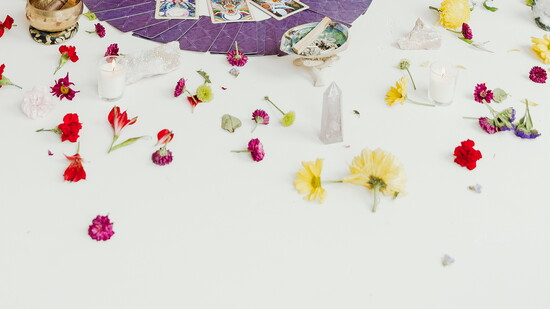Gratitude is such a simple word, yet often so difficult to practice. Too often, it feels tied to obligation, what we should say or do, rather than what we truly feel. But gratitude isn’t about social expectations or forced responses. At its core, it’s about noticing and appreciating the small, genuine moments that bring us light. It starts by noticing the small things that bring us joy, comfort, or peace. Gratitude doesn’t require grand gestures. It can be found in the sound of your child’s laughter, a good night’s rest, or the strength you feel in your body when you wake up. Of course, finding gratitude in daily life is easier said than done. On the surface, it seems simple: notice the good and say thank you. But in reality, gratitude can feel heavy. When we’re moving through grief, stress, trauma, or even just the busyness of everyday life, our brains are wired to focus on what’s wrong. Gratitude also asks us to slow down and be present, which is not easy in a world that constantly pushes us to do more and move faster. Sometimes guilt sneaks in, too: “I should feel grateful because others have it worse.” But that only leads to shame instead of true appreciation. Real gratitude isn’t about forcing ourselves to be positive or pretending the pain doesn’t exist. It’s about making space for both, acknowledging what’s difficult while also noticing what still brings us light. A frustrating traffic jam might be reframed as extra time to catch up on your favorite podcast. A long to-do list might be softened by a moment of laughter with a coworker. Gratitude often lives in these subtle shifts of perspective. Here’s a simple challenge: take a breath. Inhale, exhale, repeat three times. Then look around you. In this very moment, what’s one thing that brings you light?
That’s gratitude. And it’s enough.
Snap a photo each day of something that brings you joy: your pet curled up, the glow of a candle, a smile from a friend. At the end of the week, look back at those images, you’ll see that gratitude leaves a trail.
